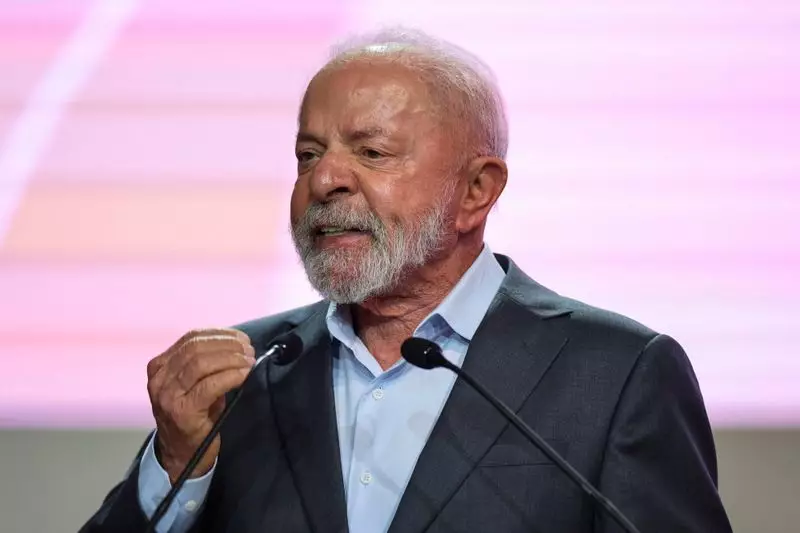
In a landmark decision at the COP30 climate summit hosted in Brazil, world governments have united to make an unprecedented financial commitment toward protecting indigenous territories and combating deforestation. The announcement marks a significant shift in global climate policy, recognizing the crucial role indigenous communities play in environmental conservation.
Historic Financial Commitment for Environmental Protection
The participating nations have pledged $2.6 billion to strengthen indigenous land rights and support conservation efforts across critical ecosystems. This substantial financial package represents one of the largest dedicated funding initiatives specifically aimed at empowering indigenous communities in their role as environmental guardians.
The funding will be distributed through various mechanisms, including direct support to indigenous organizations, government conservation programs, and international environmental initiatives. The money is earmarked for activities that include land demarcation, sustainable resource management, and the development of economic alternatives to deforestation-driven industries.
Global Recognition of Indigenous Stewardship
This commitment comes with growing scientific evidence demonstrating that indigenous-managed territories consistently show lower deforestation rates than surrounding areas. Research indicates that forests under indigenous control act as significant carbon sinks and biodiversity hotspots, making their protection essential for meeting global climate targets.
The COP30 declaration explicitly acknowledges that indigenous knowledge and traditional practices have proven effective in maintaining ecological balance. The agreement emphasizes that securing land tenure for indigenous peoples is not just a human rights issue but a practical climate solution that benefits the entire planet.
Brazil's leadership in hosting this summit and championing this initiative reflects the country's renewed commitment to environmental protection following recent political changes. The South American nation, home to the vast Amazon rainforest, has experienced both dramatic deforestation and remarkable conservation successes, making it a fitting host for this crucial climate dialogue.
Implementation and Monitoring Framework
The agreement establishes a transparent framework for fund distribution and project implementation. An international oversight committee comprising government representatives, indigenous leaders, and environmental experts will monitor the allocation and utilization of resources to ensure they reach intended beneficiaries and achieve measurable conservation outcomes.
Key implementation strategies include:
- Strengthening legal recognition of indigenous territories
- Supporting community-based monitoring systems
- Developing sustainable economic opportunities for forest communities
- Enhancing protection against illegal logging and land invasions
Environmental organizations have hailed the agreement as a potential turning point in global conservation efforts. The recognition that indigenous land rights are inseparable from effective climate action represents a significant evolution in international environmental policy that could set new standards for future climate negotiations.
As the world faces escalating climate challenges, the COP30 commitment stands as a powerful example of how addressing social justice issues can simultaneously advance environmental goals. The success of this initiative will be closely watched as a model for integrating human rights and ecological protection in the global fight against climate change.





